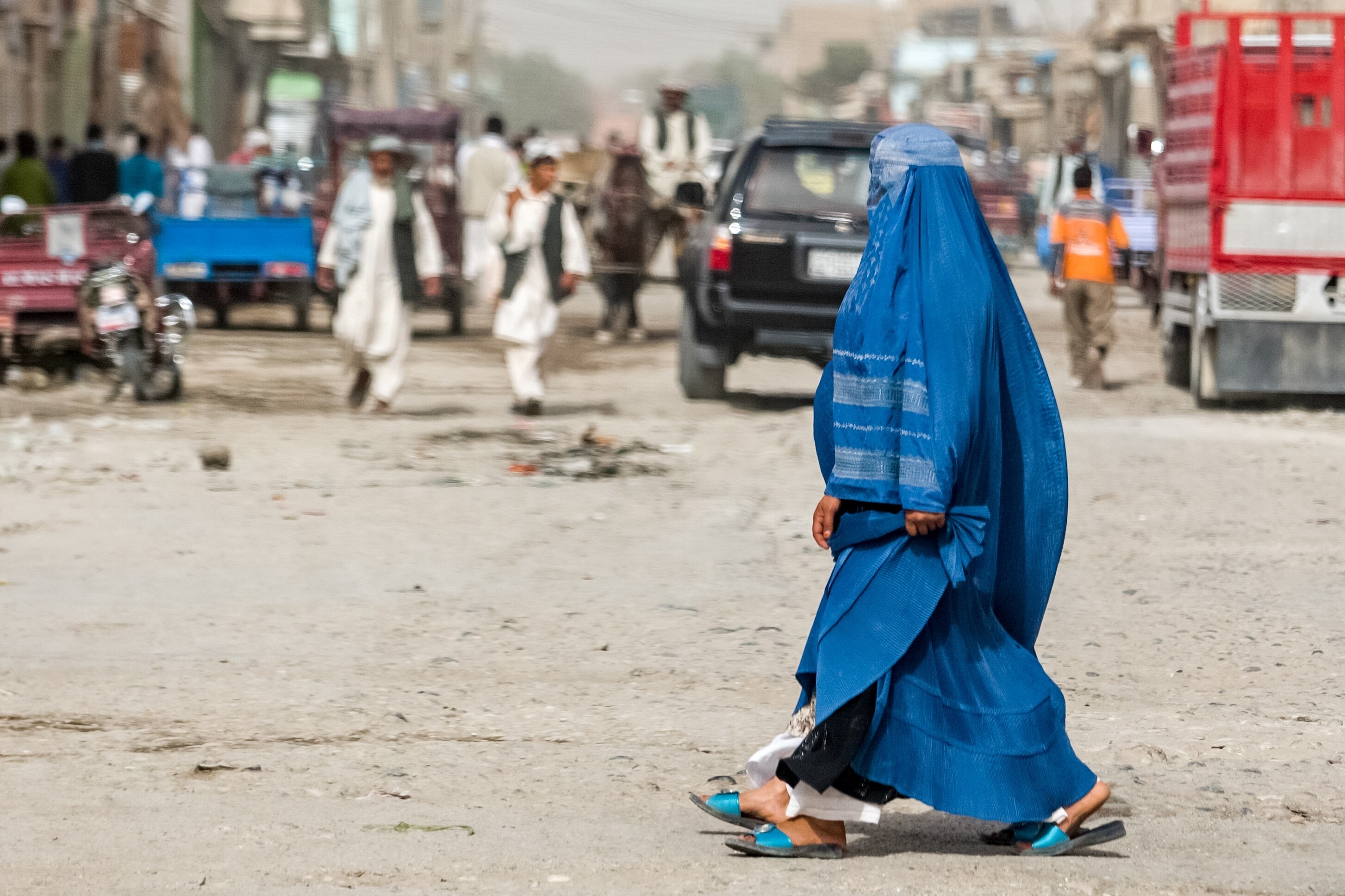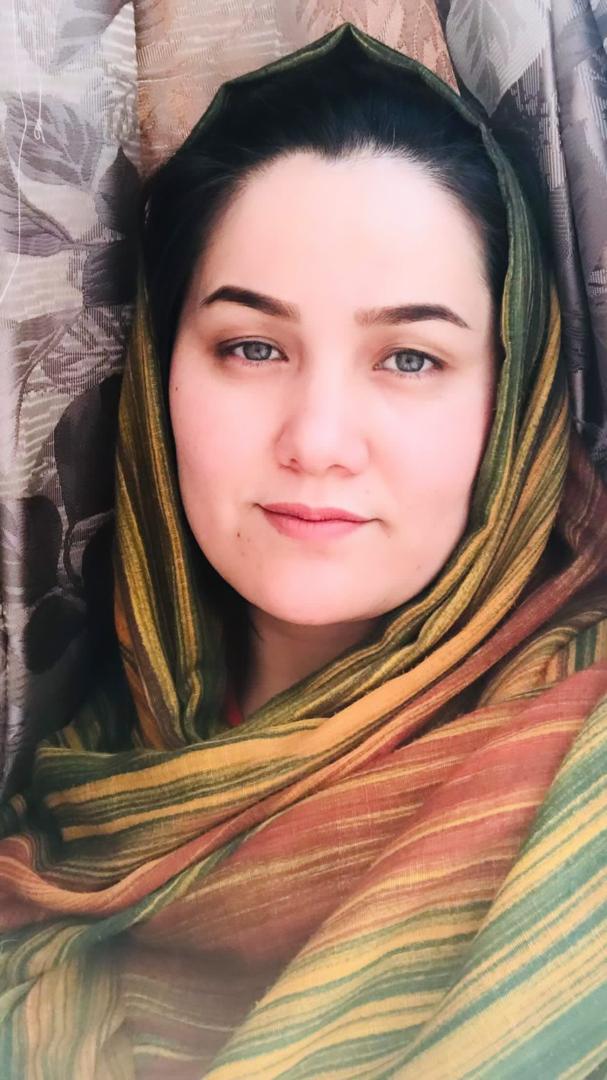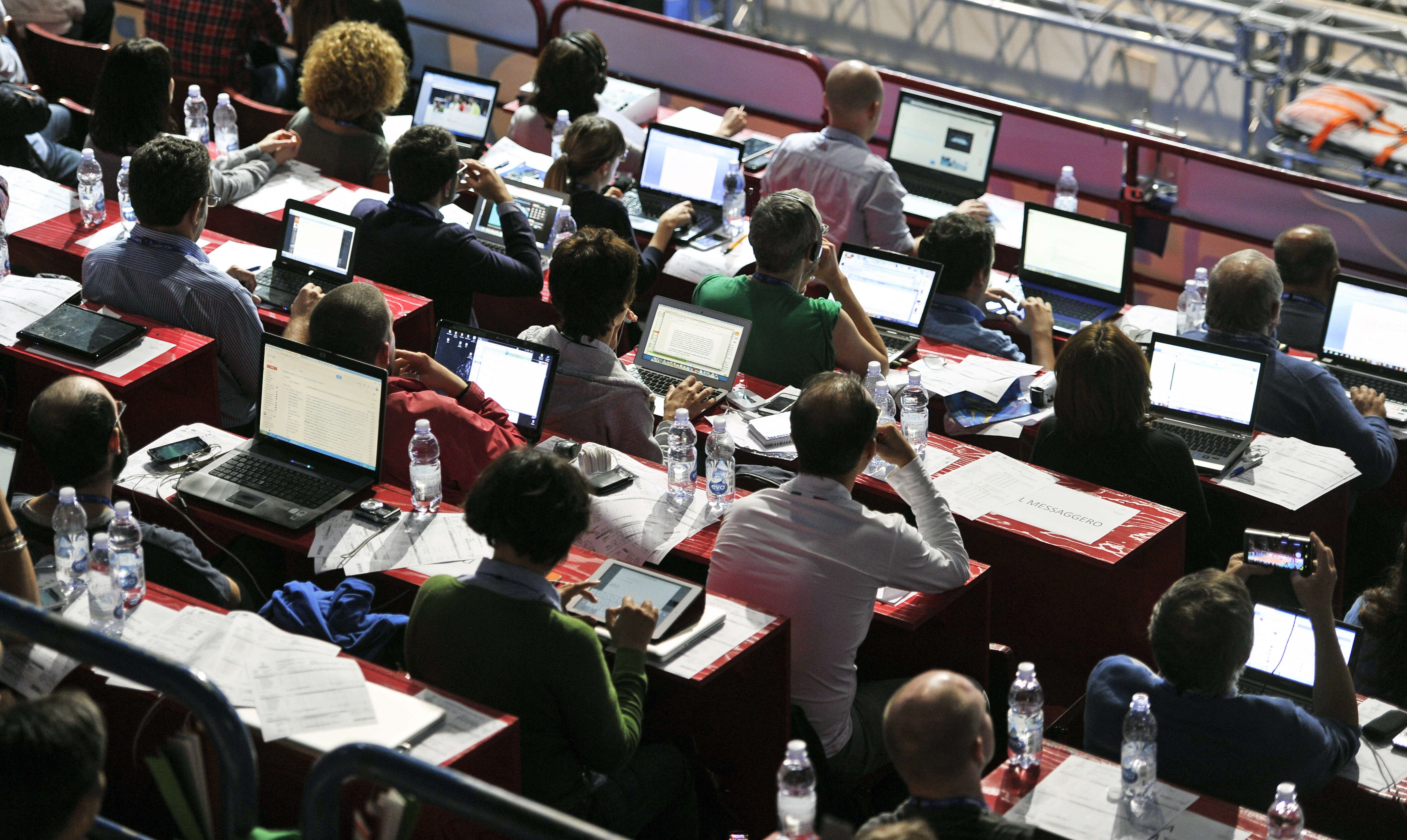السؤال الذي جاء عنوانا لهذا الموضوع ورد ضمن تقرير لمكتب الاتصالات في المملكة المتحدة المعروف اختصارا باسم "أوفكوم" عن استهلاك الأخبار للعام 2022.
والتقرير المذكور عبارة عن تلخيص لنتائج استطلاع أجرته المؤسسة البريطانية أواخر عام 2021 وأوائل عام 2022 يهدف إلى التعرف على أنماط استهلاك الأخبار في التلفزيون، الإذاعة، الصحافة الورقية، الصحافة الرقمية، التطبيقات المختلفة، وسائل التواصل الاجتماعي، البودكاست.
ونشر التقرير ضمن سلسلة من التقارير المشابهة التي تبحث في أوجه استهلاك المحتوى، ومواقف المستهلكين تجاهه عبر منصات مختلفة.
الإجابات عن السؤال الوارد ضمن العنوان كانت كالتالي:
يحصل المراهقون على الأخبار من: إنستغرام أولا ويليه تيك توك ثم يوتيوب وأخيرا البي بي سي!
أحد المشاركين في استطلاع "مكتب الاتصالات" قال إنه يزور المواقع الإخبارية لمعرفة المزيد عن القصص الإخبارية التي سمع بها أو شاهدها.
وآخر إجابته كانت مؤلمة لما تبقى من الصحافة الورقية: لا أهتم البتة بالصحافة الورقية، علاقتي بها تتمثل في الاستفادة منها لإشعال المدفأة في غرفة المعيشة!
تناول التقرير أيضا تأثير من سماهم بالشخصيات المؤثرة على وسائل التواصل في نشر الأخبار عن الأحداث الجارية.
إجابة من ذكر أنه يزور المواقع الإخبارية لمعرفة المزيد، تذكر إدارات غرف الأخبار في هذه المواقع بضرورة التركيز على التفسير، والإجابة عن الأسئلة المحتمل طرحها من قبل زائريها عن حدث ما.
ملل من وسائل الإعلام التقليدية
بحسب تقرير المؤسسة البريطانية فإن ثمة حالة من الملل تصيب المراهقين في بريطانيا وتدفعهم دفعا لوسائل التواصل الاجتماعي للحصول منها على الأخبار.
وفق نتائج التقرير الذي يشمل نطاقه الميداني الفترة من نوفمبر/تشرين الثاني وديسمبر/كانون الأول 2021 ثم مارس وأبريل 2022 فإن إنستغرام مثل المصدر الأول الذي لجأ إليه المراهقون للحصول على الأخبار بنسبة 29% ثم تلاه تيك توك بنسبة 28%.
تراجعت بي بي سي كمصدر للحصول على الأخبار بين المراهقين إلى المركز الخامس في فترة التقرير المذكور، بعد أن كانت في المركز الأول.
سجل تيك توك تقدما واضحا كمصدر للأخبار بالنسبة لجميع الفئات، فقد ارتفعت نسبته من 1% عام 2020 إلى 7% في عام 2022.
ويرجع تقرير أوفكوم هذا النمو الذي حققه تيك توك إلى ارتفاع نسبة مشاهديه من الشباب، حيث إن نصفهم تتراوح أعمارهم بين 16 و24 عاما.
في تناولها لتقرير أوفكوم التقت صحيفة غارديان البريطانية بالصحفي غولي بوروز الذي كان يعمل في صحيفة "ذا صن" ويتابعه حاليا 464 ألف على حسابه في تيك توك. وبحسب بوروز الذي يشغل حاليا منصب نائب رئيس تحرير في صحيفة ناشنال، فإن الجمهور والشباب بوجه خاص يرغبون في التعرض للأخبار التي تتوافق مع انشغالاتهم وتراعي جداولهم المزدحمة، ولا تشعرهم بالملل، وعليه فيجب أن تكون الأخبار أكثر دقة وتركيزا.
ومما جاء في تقرير أوفكوم، أن الذين يستخدمون منصة تيك توك للوصول إلى الأخبار يحصلون على الجزء الأكبر منها من الأشخاص الذين يتابعونهم عبر المنصة المذكورة، وليس من حسابات المؤسسات الإعلامية التي تعنى بالأخبار في تيك توك.
لقد كشف الاستطلاع الذي أجرته أوفكوم أن منصات التواصل الاجتماعي التي تنشر الأخبار ما تزال مستمرة في تحقيق أداء نتائج سيئة نسبيا فيما يتصل بسؤال "الثقة" بيد أنها تظل الأفضل في عرض الآراء ومختلف وجهات النظر، وبالرغم من أنها ليست جديرة بالثقة مقارنة بالمنصات الإخبارية الأخرى، فإن ثلث مستخدميها ما يزالون يثقون بها.
أفاد 6 من 10 من الفئة العمرية (12- 15) ممن شملهم الاستطلاع بأنهم يهتمون بالأخبار، أما الأربعة الذين لا يهتمون البتة بالأخبار فقد قالوا إن السبب الرئيسي في عزوفهم عن الأخبار ناتج عن الملل الذي تسببه لهم.
شهدت منصات مثل يوتيوب، فيسبوك، واتساب انخفاضا في أعداد من يلجؤون إليها للحصول على الأخبار، مقارنة بسنوات سابقة. بينما يستمر معظم المراهقين في شكهم في الأخبار التي تبث عبر وسائل التواصل الاجتماعي، مقارنة بمصادر الأخبار الأخرى، أما نسبة أخرى من هؤلاء ما تزال تثق بها، وهم نصف مستخدمي يوتيوب وتويتر تقريبا.












































